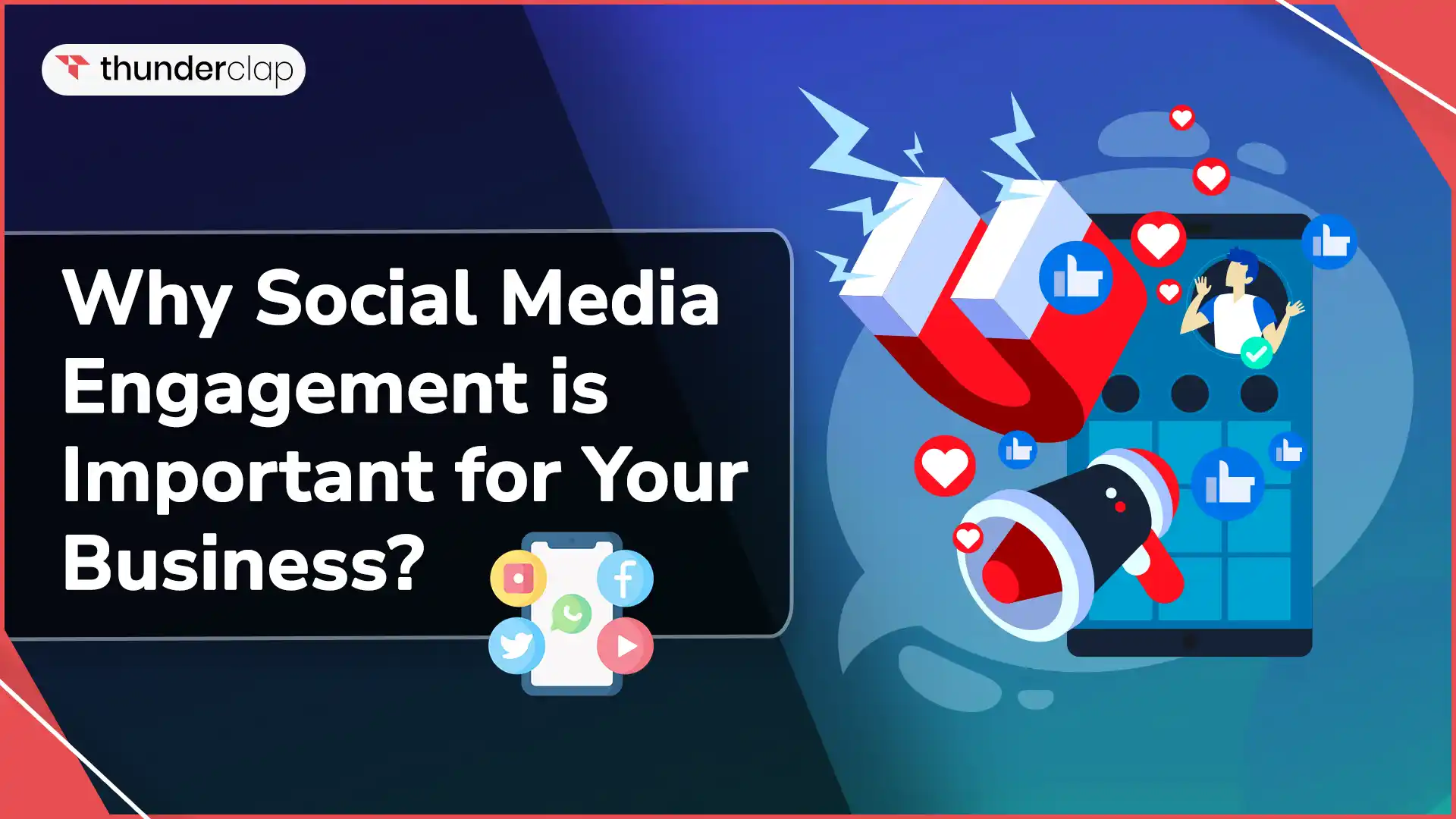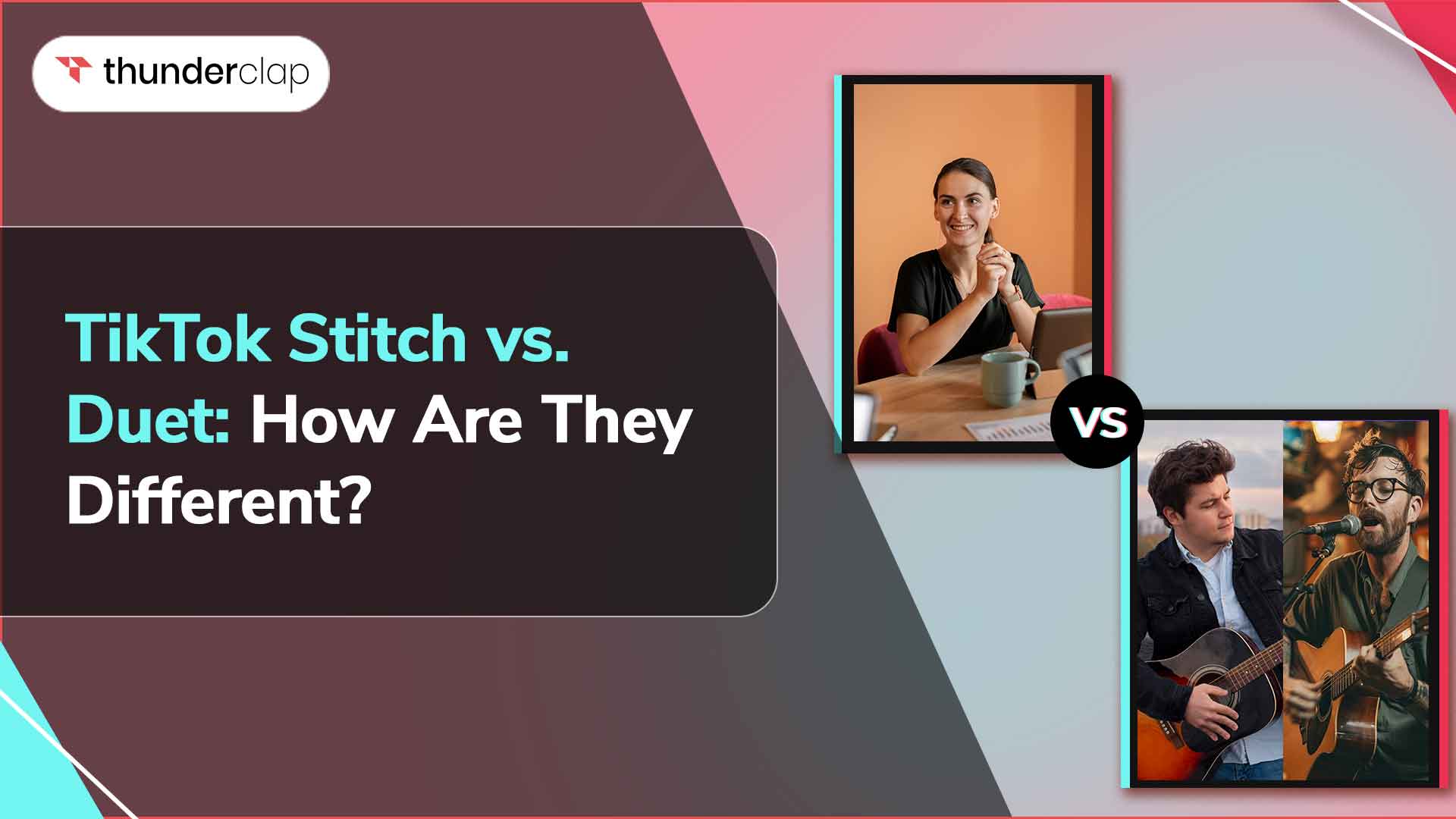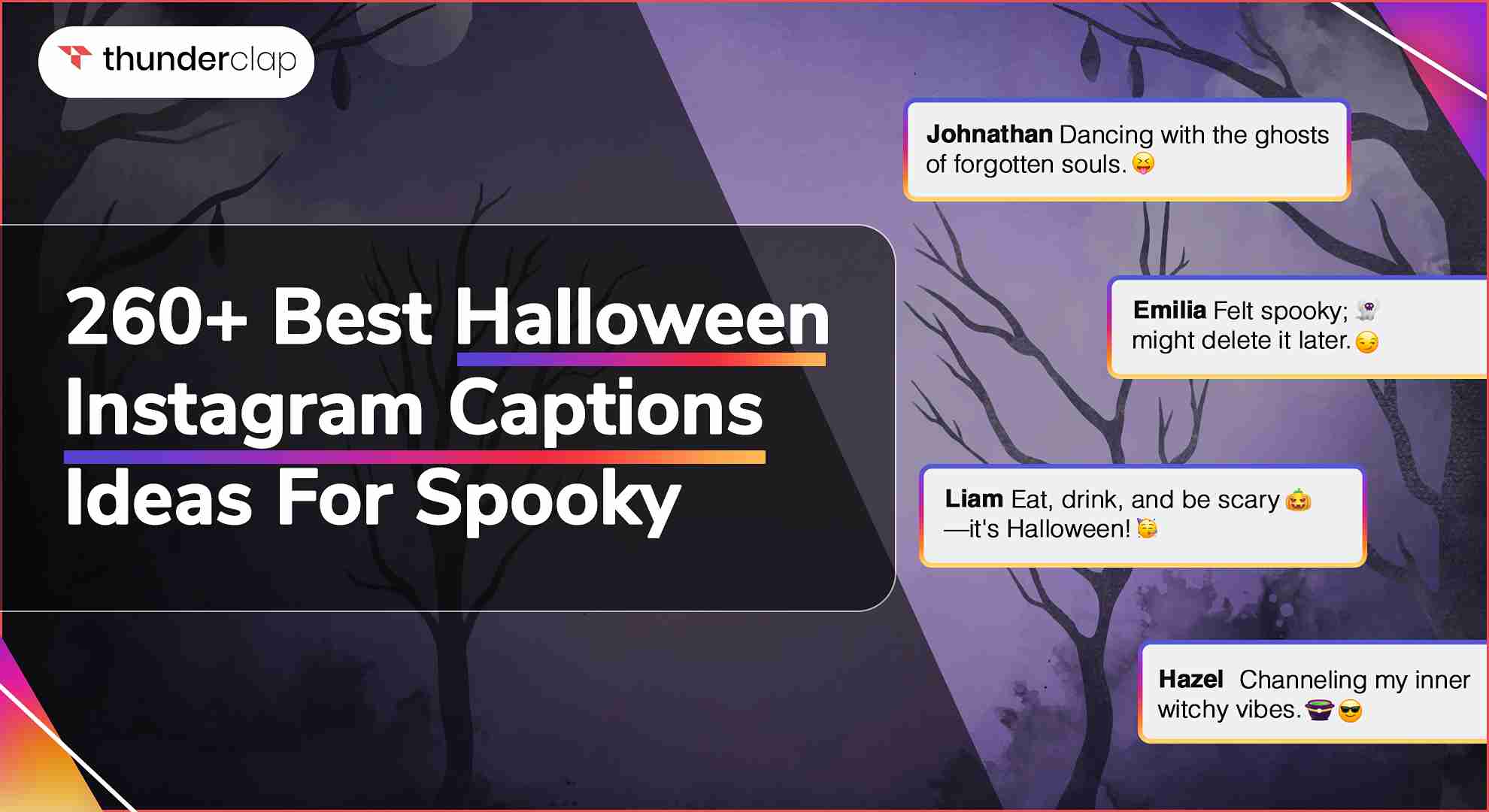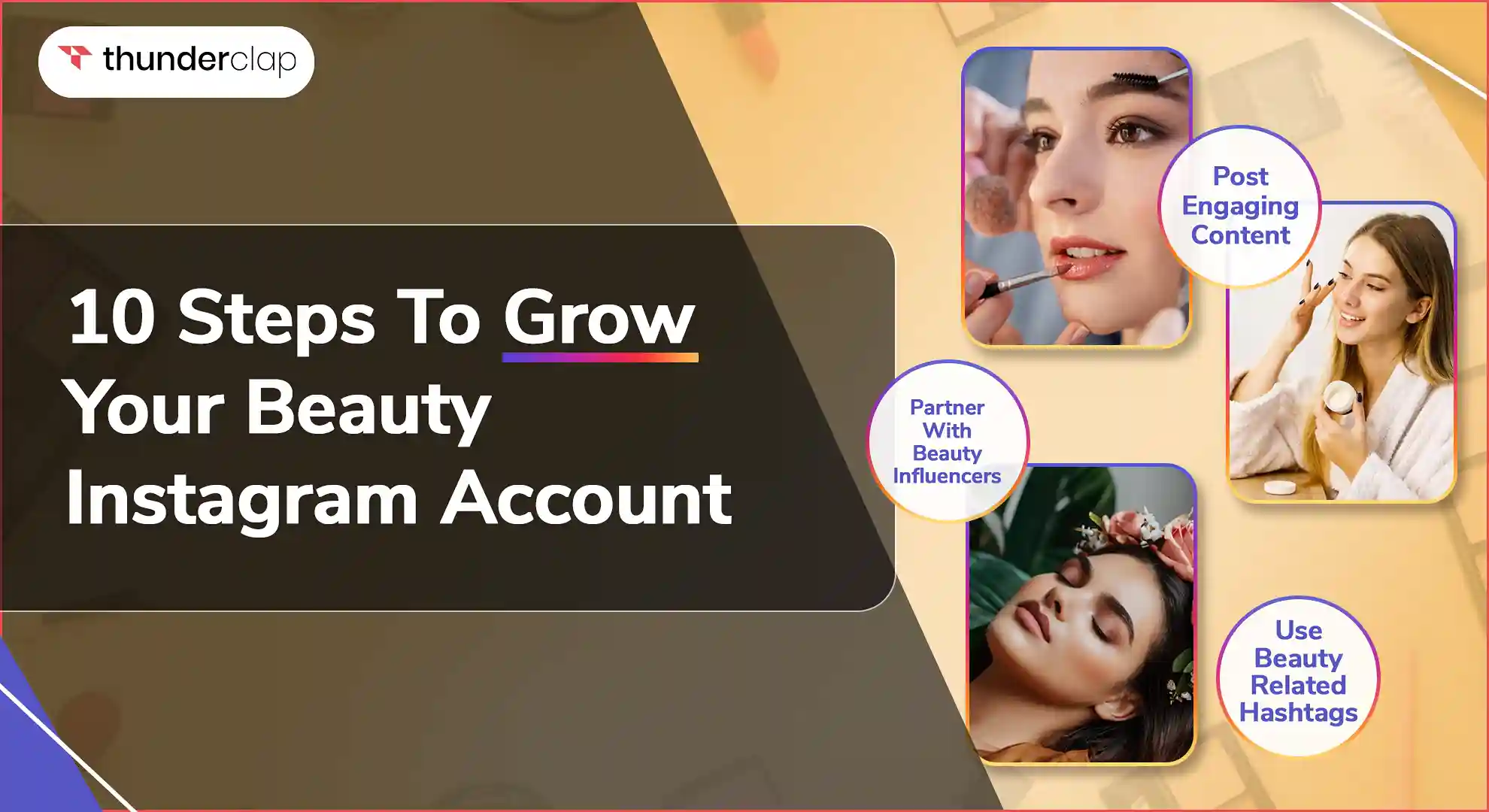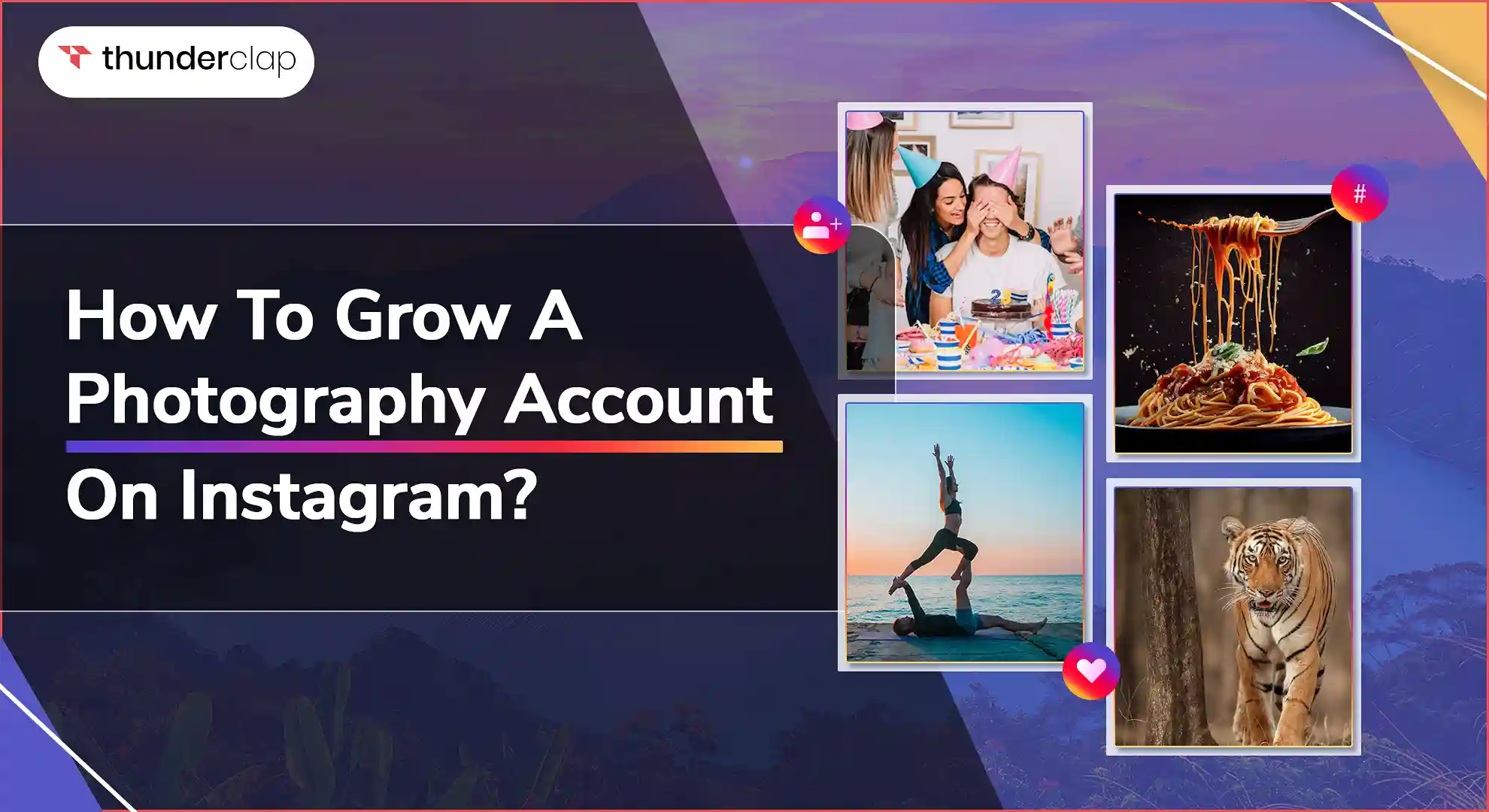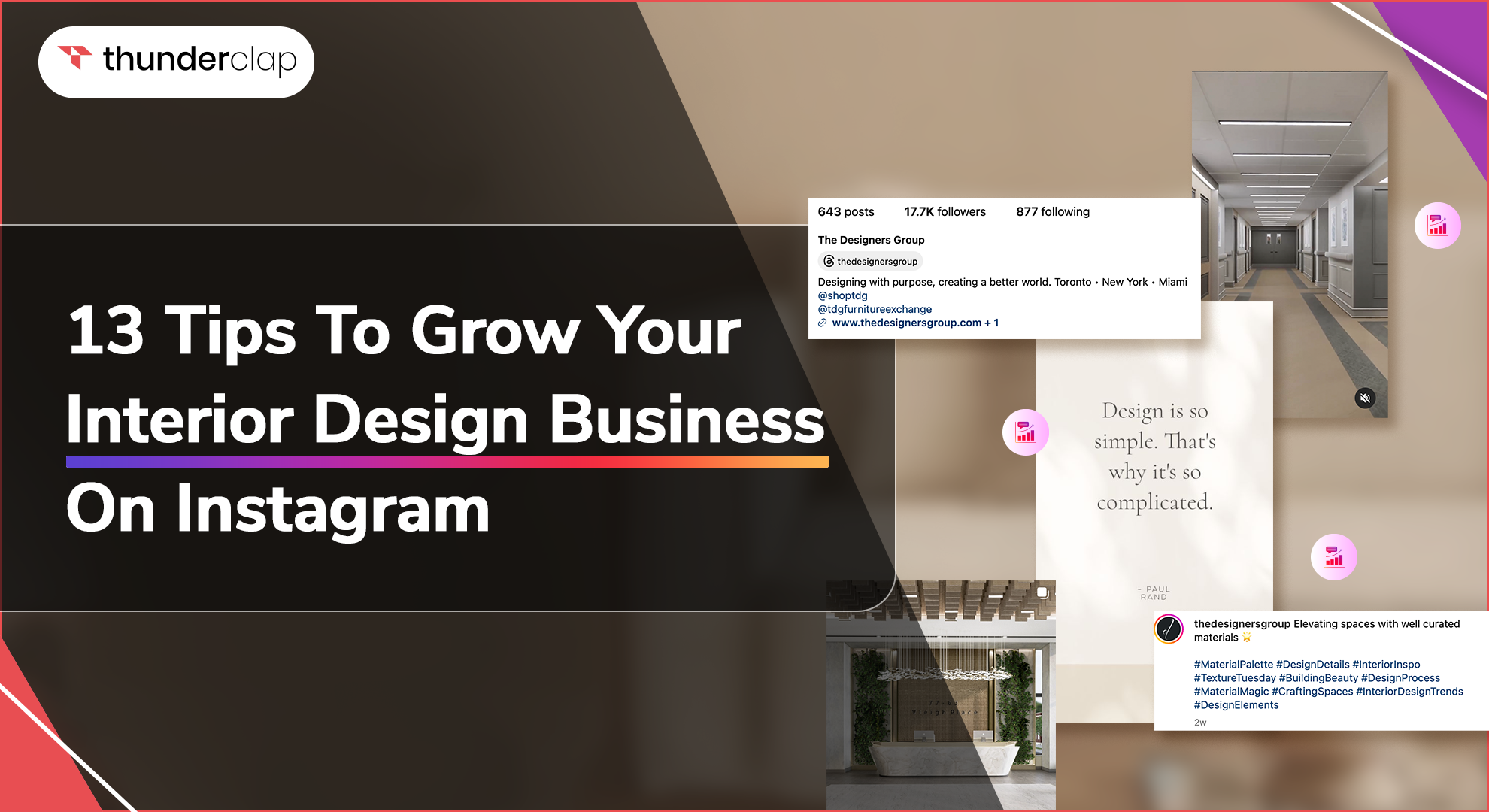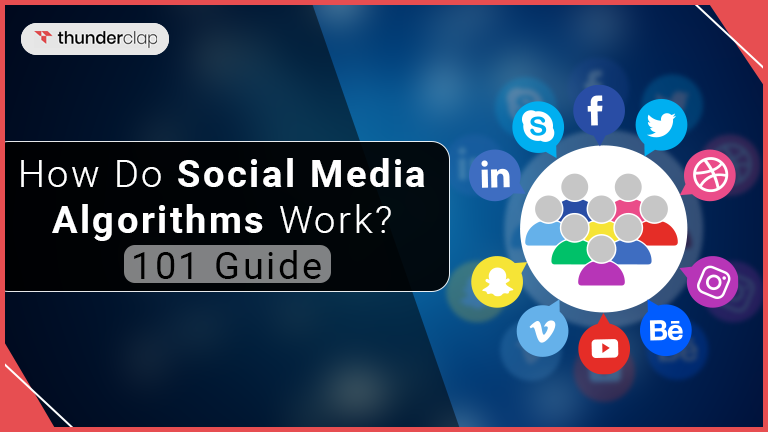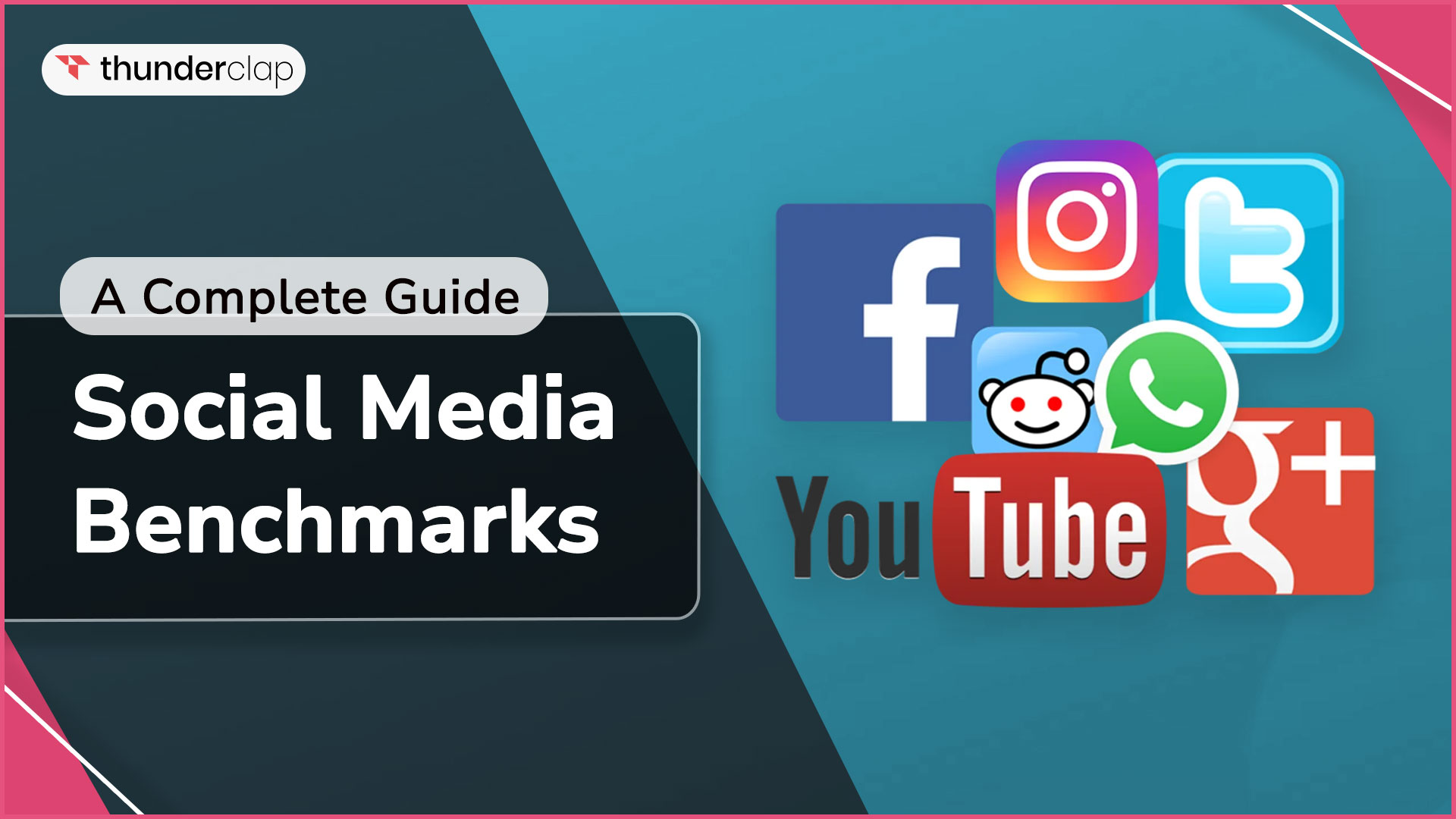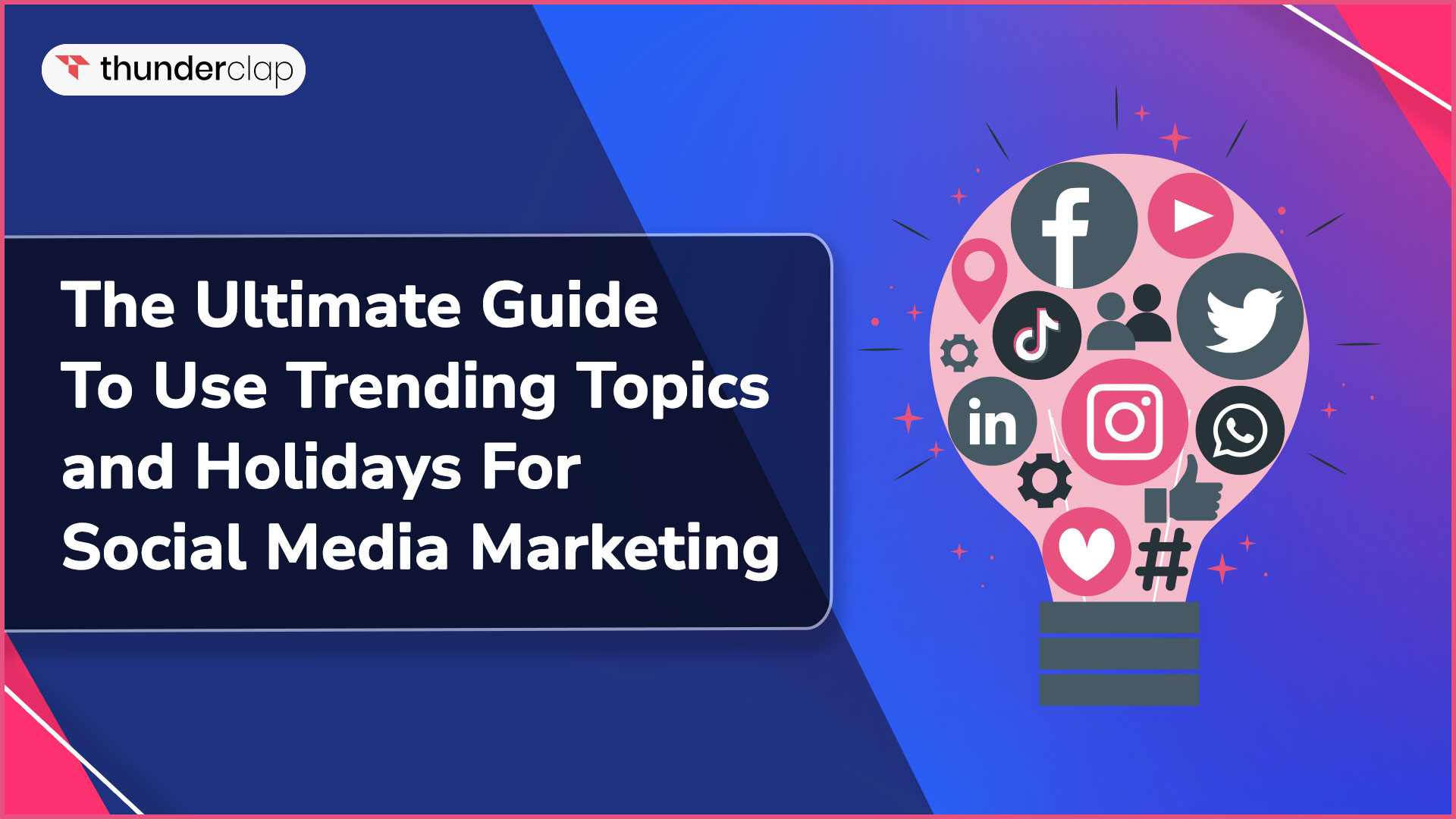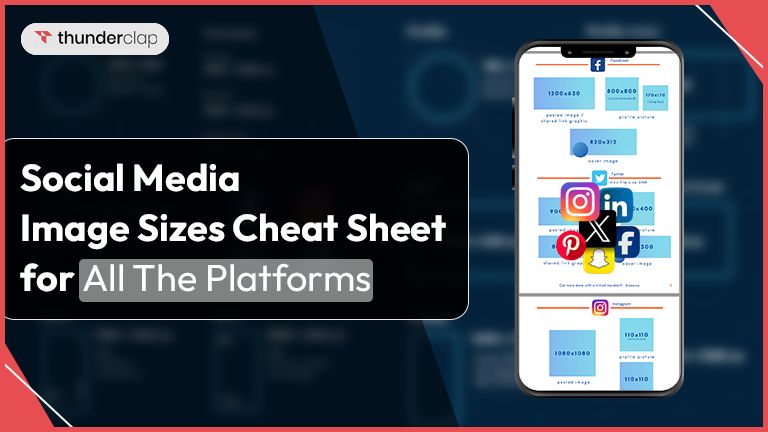Have you wondered recently about why having better social media engagement is essential? Let’s unpack!
In 2024, over 5 billion people actively engage in social media globally, each connecting with nearly 7 different networks monthly. This surge highlights the imperative for businesses to invest more resources in their social media presence.
Monitoring social media engagement becomes crucial to assess the effectiveness of these efforts. High engagement means strong brand awareness, leading to increased sales and conversions. Learn how to level up your engagement strategy and make social media work for you.
What Is Social Media Engagement?
Social media posts get likes, shares, comments, and clicks – it's how we see if people enjoy our content. Tracking these social media engagement metrics shows if our posts hit the mark. Simple, right? Thus, social media lets us gauge audience interest.
A high engagement rate signifies a thriving community around your brand. It shows your audience is enjoying your content, fostering a connection with your business. This translates to increased brand awareness and recognition – all essential ingredients for winning over customers.
Understanding the impact of your social media engagement can further amplify these benefits, guiding you to tailor your content and interactions to better resonate with your audience and drive even stronger connections.
Low engagement rates indicate your content might need a refresh. Social media algorithms favor engaging content, so a dip means your posts might not reach the right audience. This is your cue to re-evaluate your social media strategy and tailor your content to resonate better.
Why Social Media Engagement Is Important For Your Business?
Social media is all about interaction, and those who are best at encouraging social interaction get the most out of it. Here's how having better social media engagement can help your business grow:
-
Increased Organic Reach On Social Media Platforms
Unlocking the full potential of social media algorithms requires engagement. A larger audience is more likely to view your material if it receives more likes, comments, and shares. This organic reach boost puts your brand ahead of potential customers who haven't even followed you yet.
Take Instagram, for example - content with a high engagement gets featured on the Explore page, exposing it to your target audience organically. Platforms prioritize content that keeps users engaged, and high engagement rates signal valuable content to the algorithm.
-
Enhancement Of Customer Support And Satisfaction
Social media is a fantastic tool for two-way communication. By responding to comments and messages promptly, you demonstrate responsiveness and build trust with your customers.
Addressing concerns and questions directly shows you care about their experience, fostering customer satisfaction and loyalty.
-
Building Positive Brand Perception
Active engagement creates a sense of community around your brand. When people interact with your content, it creates a more dynamic and approachable brand image. This positive perception translates to trust and builds a loyal customer base.
Every encounter establishes a touchpoint that keeps your brand at the forefront of potential clients' minds. They get closer to being a paying customer the more of these touchpoints they have.
Therefore, a high engagement rate fuels a strong social media presence. It puts you in a successful long-term position and keeps your brand fresh in consumers' eyes.
How To Boost Social Media Engagement?
Here are some secrets to how to improve your social media engagement strategy:
-
Actively Engaging With Followers
Promoting a small business on social media is not a crime, but if you’re solely focusing on that, you’re doing it wrong. Social media is, first and foremost, about being social. Your goal is to create connections and not just broadcast your business like a billboard.
Imagine a party where you just talk about yourself and ignore everyone else. That's not how social media works! Respond to comments and messages, join conversations, and show you're interested in what your audience has to say.
-
Establishing A Consistent And Authentic Brand Voice
Putting your personality out there can be scary, but having a genuine voice is essential. It makes your brand relatable and encourages people to connect with you on social media platforms.
Think of your voice as your brand's personality. It's not about stuffy marketing speak; it's about being human and having conversations.
Remember, different styles work for different audiences. A bookstore might use dark humor, while a tech company might prefer a more informative tone.
-
Understanding Platform Algorithms And Optimizing Content Accordingly
Every social media platform is different, thus you must understand what works on a particular platform and create strategies accordingly. This maximizes your impact on your audience and ensures high engagement.
For example, on Instagram, videos get more engagement than text-only posts, and posting in the morning tends to reach more people. On LinkedIn, weekdays between 9 am and 5 pm are prime posting times. Hashtags are key on TikTok; using relevant ones can significantly boost your reach and engagement.
-
Utilizing Tools And Analytics To Measure Engagement Efforts
Are you monitoring your social media interactions? This reveals effective tactics and areas needing improvement. While platforms provide analytics tools, dedicated management software offers deeper insights.
Evaluate metrics such as likes, comments, shares, and click rates. This data reveals content resonating with followers. Use insights to adjust your approach and maintain engaging conversations.
Follow these tips to transform your social presence into a thriving, interactive community of enthusiastic fans.
How To Measure Social Media Engagement For Brand Or Business?
There are many ways to measure social media engagement, including likes, comments, shares, and more. The best way to gauge your engagement level is by calculating the engagement rate, as it is a key indicator to know how well your social activities are working.
Calculate it by the total interactions on content divided by total followers and times 100%. While the ideal rate differs per platform, above 1% is considered good.
Here's a quick rundown of good engagement rates on different social media platforms:
-
Facebook: 1-2%
-
Instagram: 1-5%
-
TikTok: 3-9% (engagement powerhouse!)
-
LinkedIn: 2%
-
Twitter or X: 0.045%
Here's a list of other essential metrics you can use for measuring social media engagement:
-
Likes: The number of users who have shown appreciation for your content by liking it.
-
Comments: The quantity and quality of responses and interactions generated by your posts.
-
Shares/Reposts: The extent to which your content is redistributed by users, indicating its virality and resonance.
-
Click-through Rate (CTR): The percentage of users who click on a link or call to action within your posts.
-
Followers: The size and growth rate of your audience on social media platforms.
-
Impressions: The total number of times your content has been seen by users, indicating its visibility.
-
Mentions: Instances where users tag or reference your brand in their posts or comments.
-
Conversion Rate: The percentage of users who take a desired action, such as making a purchase or signing up, after engaging with your social media content.
-
Sentiment Analysis: The analysis of user comments and reactions to gauge the overall sentiment (positive, negative, or neutral) toward your brand or content.
Conclusion
Businesses need to understand that social media engagement is vital for their success in the digital era. High social media engagement fosters brand awareness, drives customer engagement, and ultimately boosts business growth.
By employing the social media engagement strategies outlined in this guide, businesses can assess their social media performance effectively, refine their strategies, and capitalize on the immense opportunities offered by digital platforms to achieve sustainable success.
